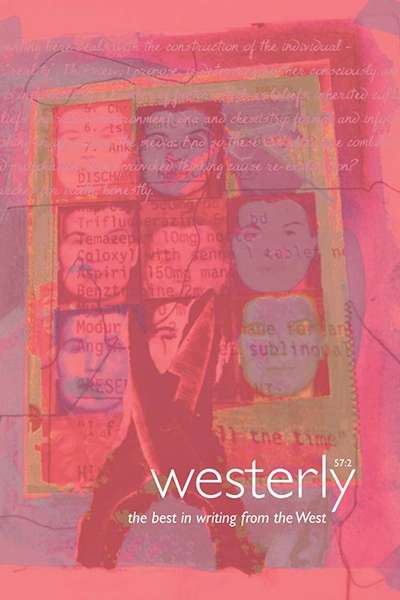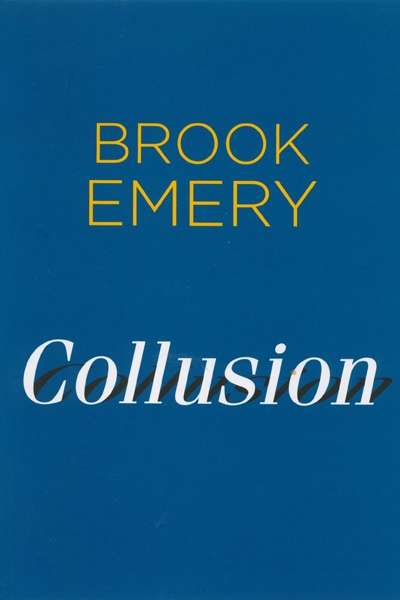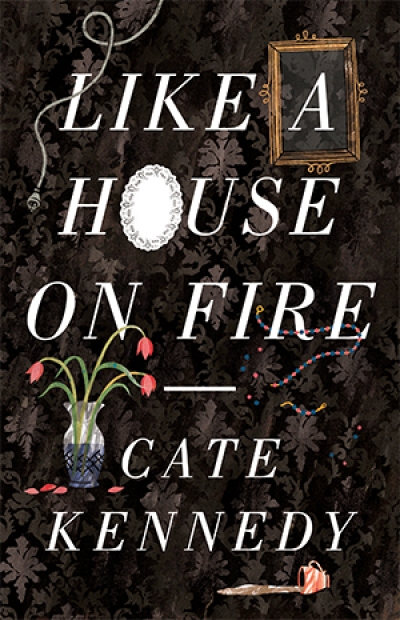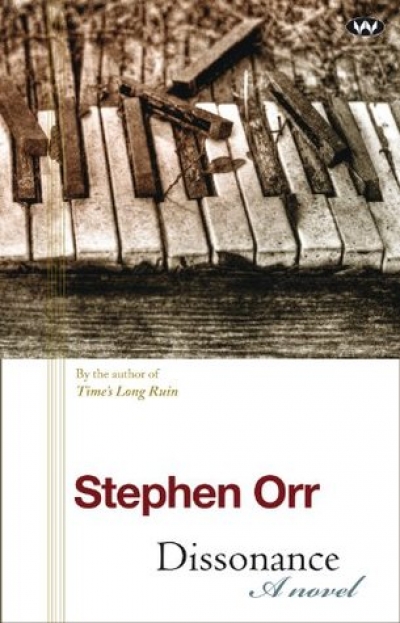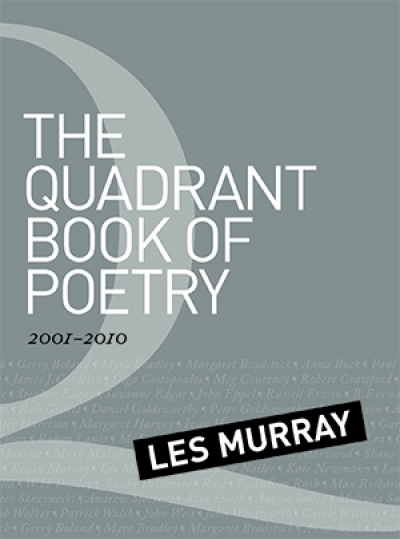Anthony Lynch

Anthony Lynch lives on the Bellarine Peninsula, Victoria, where he writes poetry, fiction, and reviews. His work has appeared in The Age, The Best Australian Poems, Island, and Southerly. His short story collection Redfin (2007) was shortlisted for the Queensland Premier’s Literary Awards. His poetry collection Night Train was published in late 2011 by Clouds of Magellan. He is publisher at the independent publishing house Whitmore Press and an editor at Deakin University.
Brook Emery’s opening poem in Collusion is addressed to ‘Dear K’, an address reprised in the last, movingly lyrical poem in this his fourth collection. We might read the intervening poems as a correspondence with ‘K’, this other who halfway through the collection is referred to as ‘my interlocutor, my conscience’. Emery cleverly anticipates and plays with the possible relation to tha ... (read more)
Cate Kennedy’s fine second collection of short stories, Like a House on Fire, is of a determinedly realist bent. Metafictional play does not generally form part of Kennedy’s armoury, and the mostly low-rent settings and struggling characters reprise what in the 1980s and early 1990s was briefly known as dirty realism, though Kennedy’s prose is not as resolutely spare as that of some writers ... (read more)
Percy Grainger has been the subject of a number of books (most notably a 1976 biography by John Bird), a play (A Whip Around for Percy Grainger, 1982) by Thérèse Radic, and a feature film, Passion (1999), by Peter Duncan. He was an avid letter-writer, and his correspondence has been anthologised and critiqued. Thanks to his eccentric way of life and sometimes erratic behaviour and opinions – h ... (read more)
In his polemical Introduction, Les Murray notes that Quadrant was founded sixty years ago by poet James McAuley, the ‘stern formalist’ who ensured that poetry occupied a prominent place in the magazine. Poetry has continued to be central to Quadrant, its profile not waning under Murray’s stewardship as literary editor since 1990. For this anthology, Murray has collected the best poems publis ... (read more)
‘Dark satanic mills won the day’, S.K. Kelen tells us in one of his strongest poems, ‘Slouching’. ‘Cold modernity followed, a brooding European / monochrome hinted at worlds passing (the good old days).’ What many critics take to be William Blake’s damning of the Industrial Revolution – ‘And was Jerusalem builded here, / Among these dark Satanic Mills?’ (from ‘And did those f ... (read more)
From Kafka on, we can trace a line of narratives dealing with alienation in the modern workplace, with forces seen and unseen overwhelming individual volition. S.J. Finn’s first novel makes a humorous contribution to this tradition.
... (read more)

